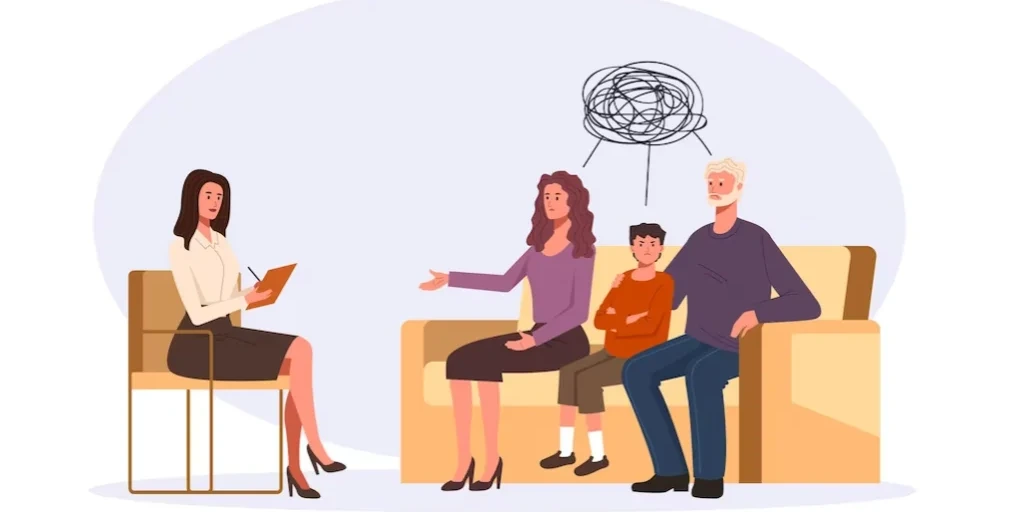24/7 Helpline:
(866) 899-221924/7 Helpline:
(866) 899-2219
Learn more about Cocaine Rehab centers in Valley Village
Cocaine Rehab in Other Cities

Other Insurance Options

Self-pay options

UMR

GEHA

Optima

Group Health Incorporated

Ambetter

Covered California

Absolute Total Care

Anthem

Multiplan

Coventry Health Care

UnitedHealth Group

Holman Group

Medical Mutual of Ohio

Evernorth

Sliding scale payment assistance

PHCS Network

Health Choice

EmblemHealth

Choice Care Network

Studio 12 Private Alcohol and Drug Treament Program – Detox
Studio 12 Private Alcohol and Drug Treament Program – Detox is a private rehab located in Valley Vil...

Recovery Guild
Recovery Guild is a private rehab located in Valley Village, California. Recovery Guild specializes ...

























